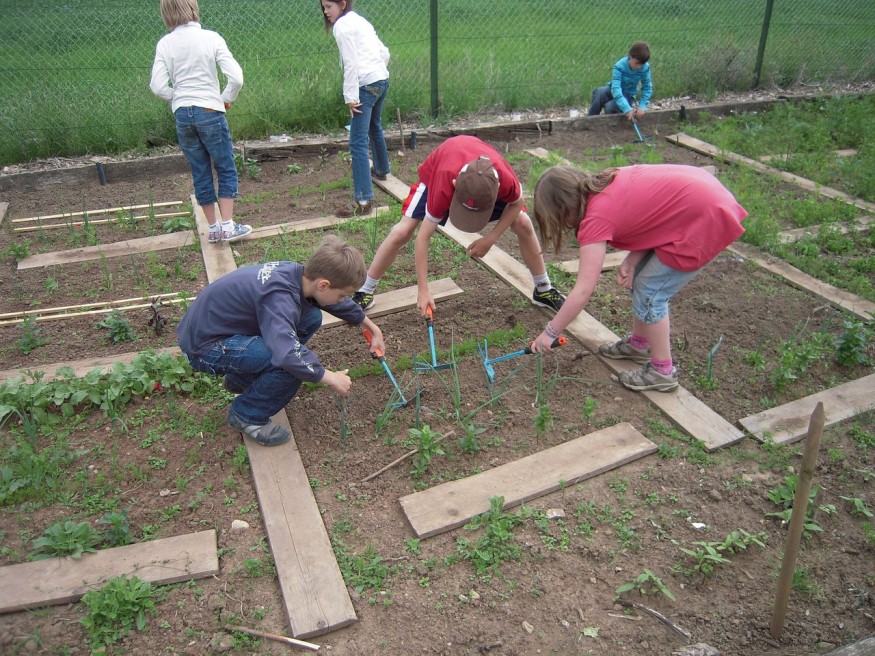Climate change would have a significant effect on global food production and health.
According to new studies, if consumers, agricultural companies, governments, and foreign organizations do little, climate change would have a significant effect on global food supply and health.

Call for Climate Action

The new research led by Curtin University, If consumers, agricultural companies, governments, and foreign bodies do little, climate change would significantly impact global food production and health.
The researchers conducted a systematic 12-month study of published literature on climate change, balanced eating, and actions required to enhance nutrition and wellbeing worldwide. The work was published in one of the highest-ranking public health publications, the Annual Review of Public Health.
Related Article : 'You'll Get Used to the Taste' Bill Gates Advises Eating Synthetic Meat to Protect Earth
Climate Change and Food Security

Climate change has had a negative impact on health and food security for the past 50 years. According to lead researcher John Curtin, Distinguished Emeritus Professor Colin Binns of Curtin University's Curtin School of Population Health, much more needs to be done to mitigate its negative consequences.
"The great public health problem of this decade, and perhaps this century, is the convergence of climate change and nutrition quality. Despite progress in global nutrition, we continue to face the challenge of climate change to our global food supplies, with Sub-Saharan Africa and parts of Asia being the most vulnerable "Professor Binns said the following.
"It would be possible to produce enough food to ensure sufficient intakes, for the time being, using better agricultural methods and technologies, as well as more equitable delivery, but we expect that by 2050, global food demand will need to rise by 50% to address current shortages and satisfy the needs of the growing population."
Read also: EU: Mealworms Now Safe for Human Consumption
Food Security

"Our research suggests that adhering to the requisite dietary requirements and selecting foods with low environmental effects, such as fish, whole grain cereals, fruits, vegetables, legumes, almonds, berries, and olive oil, would enhance health, minimize greenhouse gas emissions, and help achieve the United Nations Sustainable Development Goals, all of which will improve future food production levels."
While climate change can directly impact food production, Professor Binns believes that political commitment and significant intervention will mitigate the consequences and help provide the foods needed to meet the Sustainable Development Goals.
Global Food Crisis
"To follow the new dietary recommendations, certain improvements to food supply would be expected, as will nutritional quality analysis and more equitable delivery. It was also critical to boost breastfeeding rates to promote child and adult wellbeing while also lowering greenhouse gas emissions and benefiting the atmosphere. "Professor Binns said the following.
"To better plan for the future, ongoing studies will be critical in evaluating the long-term effects of climate change on food supply and health."
Despite a positive supply outlook, with food available for most major food crops expected to be higher than last year, prices have been volatile due to a combination of downward revisions in maize and soybean supply forecasts, export restrictions by two major grain exporters, and increasing demand for feed grains from rebounding livestock production in East Asia, especially China.
For more news update about alternative lifestyle and the environment, don't forget to follow Nature World News
© 2026 NatureWorldNews.com All rights reserved. Do not reproduce without permission.





